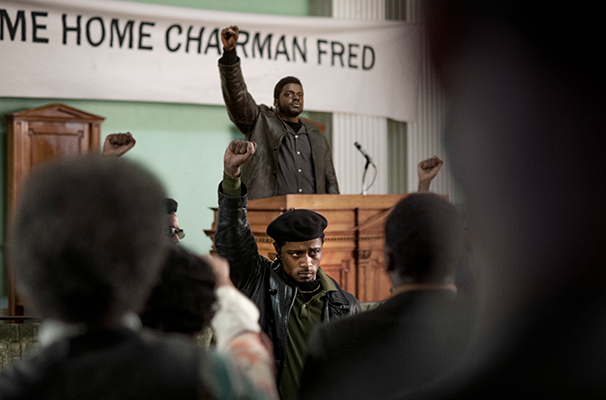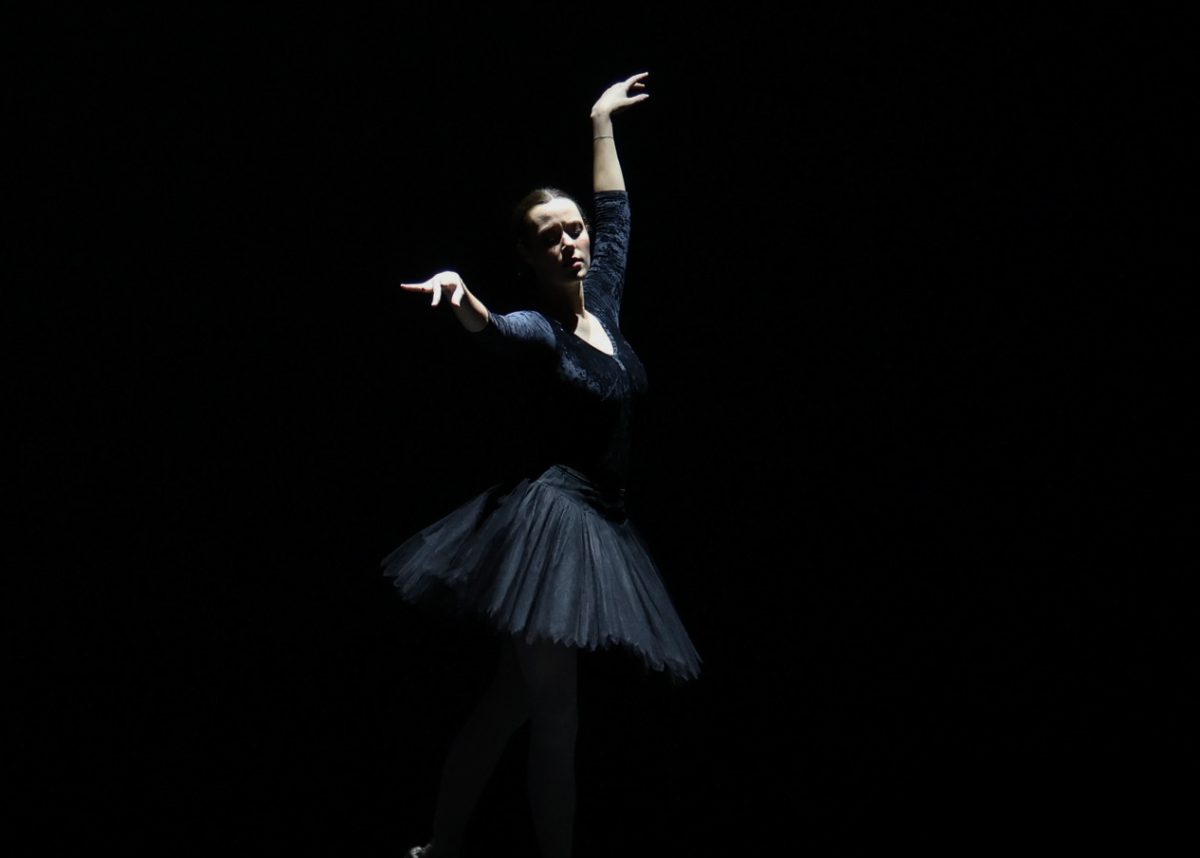Editor's Note: This story first appeared in The Daily Texan's February 2 print edition.
In a moving character study that explores an important point in America’s racial history, Daniel Kaluuya and LaKeith Stanfield continue their industry takeover.
“Judas and the Black Messiah,” directed by Shaka King, is the latest Warner Bros theatrical release to hit HBO Max. The film follows the emotional true story of Black Panther Party Chairman Fred Hampton (Daniel Kaluuya) and FBI informant William O’Neal (LaKeith Stanfield). The narrative intertwines the experiences of the two men, emphasizing their complex perspectives and inner battles in the face of an increasingly violent police force in 1960s Chicago.
Sure to garner Oscar nomination buzz, Daniel Kaluuya’s performance as Fred Hampton is raw and emotional. In several speech-delivering sequences, Kaluuya captures the essence of the charismatic orator that was Fred Hampton as he inspires roaring Black Panther crowds. His presence exudes power and demands respect in every scene. Kaluuya never backs down emotionally or physically despite his character experiencing an extremely difficult set of circumstances. Dominique Fishback’s calming Deborah Johnson reveals a more intimate side of Hampton, allowing Kaluuya to showcase his range. His consistency with such a nuanced character is one of the film’s strongest points.
LaKeith Stanfield rounds out the leading performances with his role as FBI informant William O’Neal. O’Neal’s allegiances are tested as he is torn between the ideologies of the Black Panther Party and his responsibility as an informant. Stanfield’s portrayal oozes slick confidence and pride for the majority of the film. But as the police close in on the Party, his careful poise is shattered.
Caught in the middle of a fight for social justice, O’Neal’s character serves as the narrative link between the Black Panther Party and the FBI. His exchanges with officer Roy Mitchell (Jesse Plemons) offer an unsettling insight into the racist corruption coming from within the Federal Bureau.
The narrative spans several years, highlighting important moments from the Illinois Chapter of the Black Panther Party’s history. The spotlight shifts between O’Neal and Hampton, showcasing key points in their respective experiences, from Hampton’s prison sentence to O’Neal’s painful ultimate decision about where his loyalties lie. Despite a heavy focus on just two characters, “Judas and the Black Messiah” also spends adequate time navigating the complexities of its supporting cast of characters.
Cinematography-wise, “Judas and the Black Messiah” is stunning. The blue-tinted nighttime sequences are visually engrossing, and the intimate angles dial up the emotional connection. Production design brings 1960s Chicago to life alongside moonlit streets and misty alleys. The visual aesthetic seeps through every aspect of the film, surrounding its characters in a reflective and authentic environment.
With a heart-wrenching ending that will leave audiences shattered, “Judas and the Black Messiah” is a thought-provoking, educational and layered film about a period of history that in some ways feels eerily similar to the present.
4/5





















